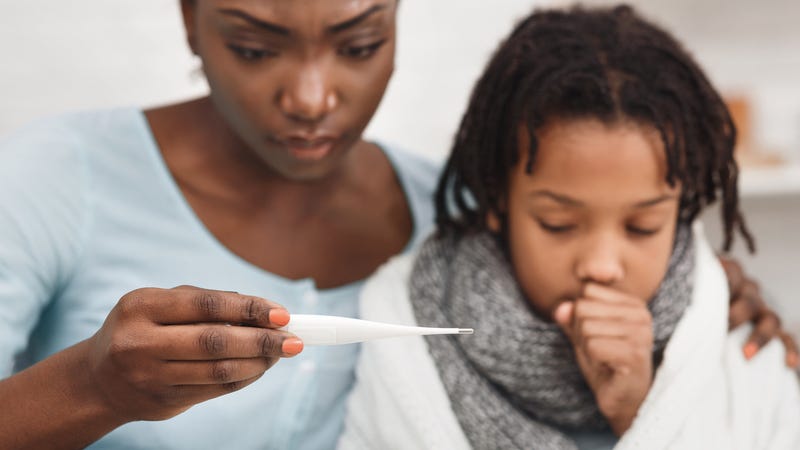
Kansas City, MO – Respiratory syncytial virus - better known as RSV - is an upper respiratory infection. For most over the age of five, it feels and acts much like a typical cold. But for the young, with their undeveloped immune systems, RSV can sometimes be serious.
“This cohort of children who were either young infants at the point in which the pandemic started, or have been born since the pandemic started, they have no existing immunity to RSV," says Dr. Angela Myers, infectious disease specialist at Children's Mercy Hospital in Kansas City.
Children’s Mercy has had a rise in the number of kids needing to be hospitalized with RSV. Myers says the uptick in cases is unseasonal.
“When the covid pandemic hit and everyone went home under home quarantine, RSV went away for the year," says Myers. "RSV stayed away, really, until this summer, when it started to increase throughout July, and the first half of August.”
The symptoms of respiratory syncytial (sin-sih-shul) virus can be quite similar to the symptoms of COVID-19.
The most common symptoms of RSV include:
Runny nose
Fever
Cough
Short periods without breathing (apnea)
Trouble eating, drinking, or swallowing
Wheezing
Flaring of the nostrils or straining of the chest or stomach while breathing
Breathing faster than usual, or trouble breathing
Turning blue around the lips and fingertips
There’s no vaccine against RSV, and specialized medication is only available for a small percentage of immunocompromised infants.
Like with any virus, typical mitigation like washing hands and wearing masks can help keep RSV at bay.
Myers says kids being outside and playing outdoors with friends is fine, but "avoid crowded places, like crowded concerts and state fairs and places where you may be really packed in together, are not a good idea."
